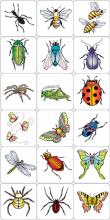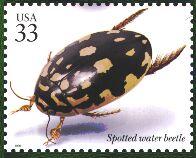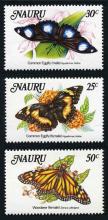"Wir haben Agrarindustrie satt!"
- Read more about "Wir haben Agrarindustrie satt!"
- Log in to post comments
Unter dem Motto "Wir haben Agrarindustrie satt! Gutes Essen. Gute Landwirtschaft. Jetzt!" geht am 19. Januar 2013 in Berlin erneut ein breites gesellschaftliches Bündnis aus Bauern, Imkern, Umwelt‐, Tier‐ und Verbraucher-Schützern sowie kirchlichen Gruppen auf die Straße. Sie alle setzen sich für einen Systemwechsel in der deutschen und europäischen Ernährungspolitik ein. Mittlerweile 35 Trägerorganisationen erwarten Zehntausende Teilnehmerinnen und Teilnehmer sowie mehr als 50 Traktoren zur "Wir haben es satt!"-Demonstration. "Die Bilanz der Agrarpolitik der letzten Jahrzehnte ist düster: In immer größeren Tierfabriken wird der Tierschutz verletzt, immer mehr Bäuerinnen und Bauern geben auf, die Landschaften 'vermaisen', sagte Jochen Fritz, Sprecher der Initiative "Wir haben es satt". "Während Hoftore geschlossen werden, sollen nach dem Willen der Bundesregierung Konzerne und Großinvestoren weiterhin Milliarden an Agrarsubventionen erhalten." Ökologische Alternativen zur industriellen Landwirtschaft lohnten immer weniger, so das Bündnis, weil industrielle Produktion und Überproduktion die Preise für Bäuerinnen und Bauern ruinierten. "Mehr Pestizide lassen weltweit die Bienen sterben und die Artenvielfalt nimmt rapide ab. Die Spekulation mit Lebensmitteln und Land verschärft den Hunger in der Welt. Gleichzeitig landet immer mehr Getreide im Trog und im Tank statt auf dem Teller. Es ist Zeit für eine tiefgreifende Wende!", so Fritz. Videos Demo:
http://www.youtube.com/watch?v=6r7AZWF-Udk
http://www.youtube.com/watch?v=4qlikMaCZ-M&list=UUnyZ0CgIKFI7FYM-uGQiEm…









